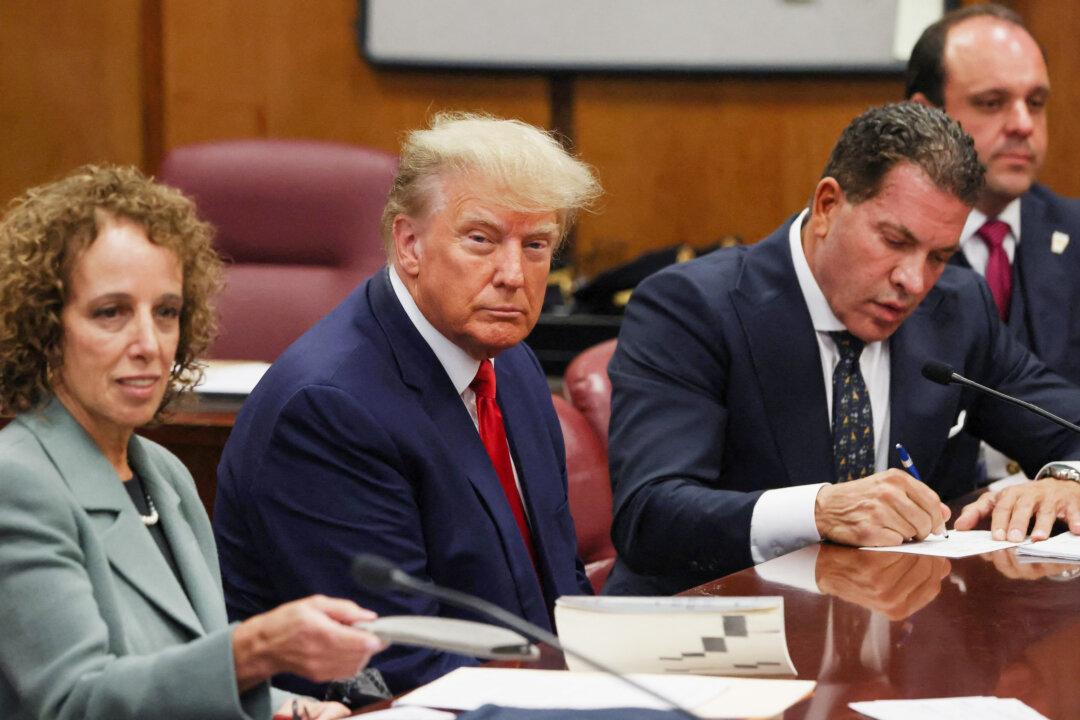Legal scholar Mike Davis is calling foul after U.S. District Judge Tanya Chutkan scheduled a criminal trial against former President Donald Trump to begin the day before “Super Tuesday,” when Republican voters in more than a dozen states will choose who will lead their party in the 2024 election.
President Trump is currently facing four different criminal cases in four separate courts, including two federal cases.






